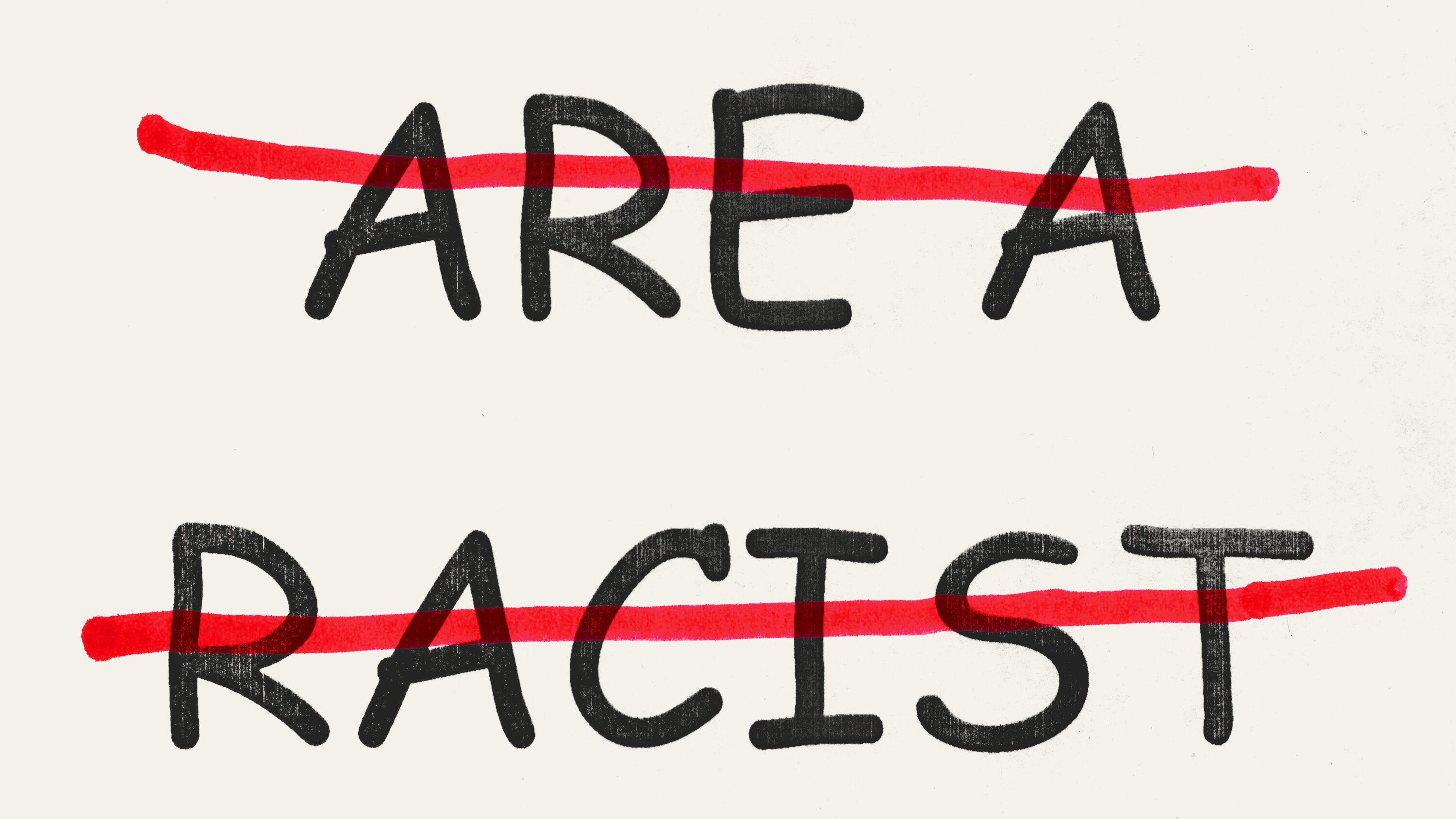Humor is a powerful tool that can bring people together, but it can also create deep divides. The topic of racist jokes is one that evokes a wide range of feelings and opinions. While some may argue that these jokes are merely a form of comedy, others feel they perpetuate harmful stereotypes and social injustices. In this article, we will delve into the world of humor, exploring the best racist jokes and the complexities surrounding them.
It is essential to understand the context in which these jokes are told. Often, they arise from cultural misunderstandings or historical prejudices. As we examine the best racist jokes, we will also consider the implications of sharing them. Are these jokes simply a reflection of societal norms, or do they have the potential to reinforce negative attitudes? Through a careful analysis, we aim to shed light on this controversial aspect of comedy.
Ultimately, our exploration will not only include a selection of the best racist jokes but also a discussion on their impact on society. We will ask critical questions about whether these jokes can ever be acceptable and what role they play in shaping our perceptions of different cultures. As we navigate this sensitive topic, we invite you to keep an open mind and consider the broader implications of humor in our lives.
What Are the Origins of Racist Jokes?
To understand the best racist jokes, we need to first explore their origins. Racist jokes often stem from historical contexts and cultural stereotypes that have been perpetuated over generations. They can be traced back to colonial times, where humor was used as a tool for oppression and marginalization. As societies evolved, these jokes transitioned into mainstream culture, often without questioning their appropriateness.
How Do Racist Jokes Reflect Societal Attitudes?
The best racist jokes serve as a mirror to societal attitudes and beliefs. They often reveal the underlying prejudices that exist within a community, showcasing how humor can both challenge and reinforce stereotypes. By analyzing these jokes, we can gain insight into the collective mindset of a society and how it perceives different racial or ethnic groups.
Can Racist Jokes Ever Be Justified?
This leads us to a critical question: can racist jokes ever be justified? Some argue that humor is subjective and that context matters. For instance, in certain circles, these jokes may be shared among friends who understand the intent behind them. However, others contend that no level of context can excuse the perpetuation of harmful stereotypes. This debate highlights the complexity of humor and its potential consequences.
What Are Some Examples of the Best Racist Jokes?
While we aim to provide a nuanced discussion, it's important to acknowledge the existence of the best racist jokes. Here are a few examples, along with an analysis of their implications:
- “Why did the chicken cross the road? To get to the other side… of the border!”
- “How do you stop a black man from drowning? Take your foot off his head.”
- “Why don’t Mexicans play hide and seek? Because good luck hiding when they always say ‘¡Hola!’”
It's crucial to remember that these jokes can perpetuate harmful stereotypes that affect real lives. While they may elicit laughter in some contexts, the underlying message can be damaging.
What Are the Consequences of Telling Racist Jokes?
The consequences of telling the best racist jokes can be far-reaching. They can foster an environment of intolerance and discrimination, leading to the marginalization of certain groups. Additionally, they can perpetuate systemic racism by normalizing prejudiced attitudes. This raises the question: should we continue to share these jokes, knowing the potential harm they can cause?
How Can We Approach Racial Humor Responsibly?
To approach racial humor responsibly, it is essential to engage in open conversations about the implications of such jokes. We must encourage understanding and empathy while recognizing the power of words. Here are some guidelines for navigating racial humor:
- Consider the audience: Are they likely to be offended or hurt by the joke?
- Reflect on the intent: Is the joke meant to uplift or demean?
- Be aware of context: What is the cultural background of the people involved?
- Encourage dialogue: Use humor as a way to discuss serious issues rather than to belittle them.
What Alternatives Exist to Racist Jokes?
Instead of relying on the best racist jokes, we can turn to alternative forms of humor that promote inclusivity and understanding. Here are some suggestions:
- Self-deprecating humor: Jokes about one's own culture can foster camaraderie and connection.
- Observational humor: Highlighting shared experiences can create laughter without targeting specific groups.
- Wordplay and puns: Clever language can elicit laughter without resorting to stereotypes.
Conclusion: Can Humor Bridge the Gap?
In conclusion, while the best racist jokes may elicit laughter, they often come at a significant cost. The challenge lies in finding humor that brings people together rather than pushing them apart. By fostering understanding and empathy, we can create a world where laughter is shared without the burden of prejudice. Ultimately, it is up to each individual to decide what kind of humor they wish to embrace and promote.
You Might Also Like
Discovering The Mystique Of Wilowww: A Journey Into The UnknownExploring The Life And Career Of Jill Schlesinger
Unveiling The Legacy Of Family Kazembe Ajamu Coleman
Exploring The World Of Vegamovies Hindi Movie
The Fierce Love Of A Pit Bull Wife
Article Recommendations


